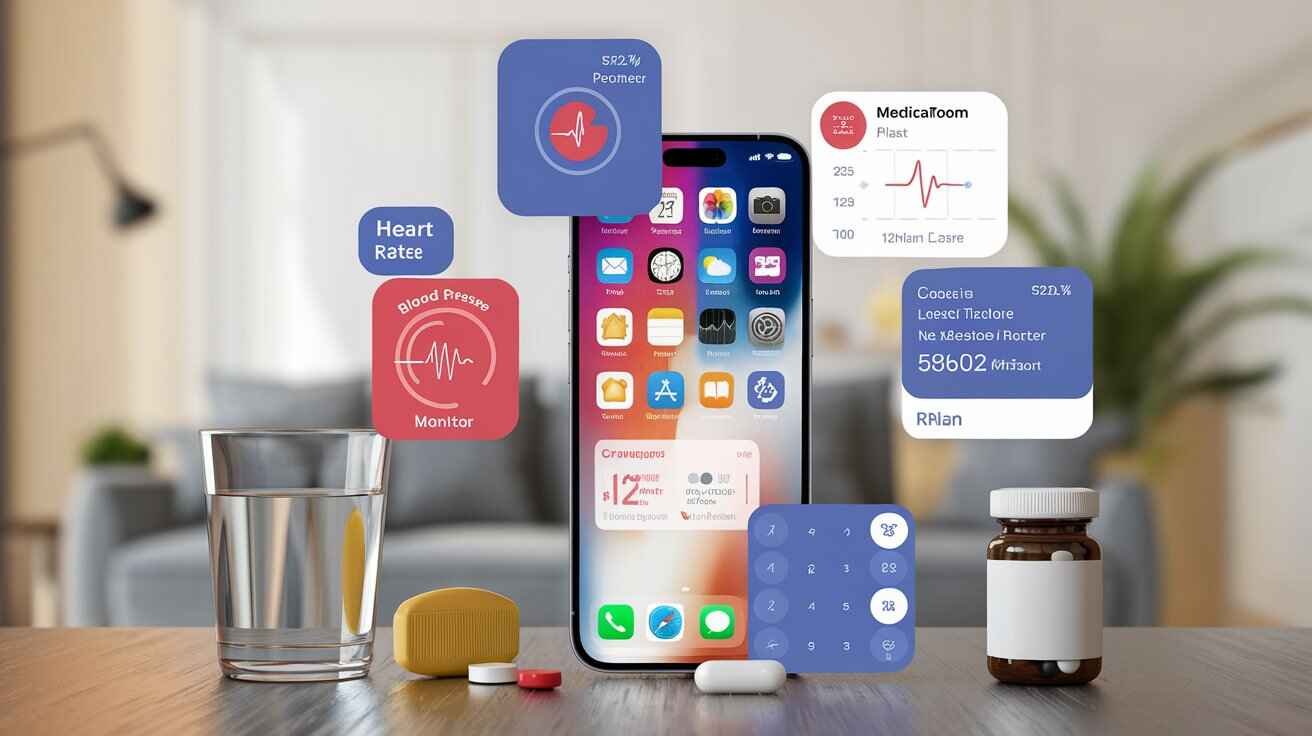Chronic diseases, such as diabetes, heart disease, and arthritis, require ongoing management and attention. With the advancement of technology, using a health and wellness app has emerged a valuable strategy for individuals facing these challenges. These applications provide essential resources and facilitate communication between patients and healthcare providers. This article explores how health apps can significantly enhance chronic disease management.
Understanding Chronic Diseases
Chronic diseases persist over time and often require continuous medical attention. They can affect everyday life, making daily activities more challenging. Managing these diseases generally involves medication adherence, regular monitoring, lifestyle adjustments, and frequent communication with healthcare professionals.
Having the right support system is crucial for individuals navigating these complexities. Health apps serve as tools to assist in effectively managing various aspects of chronic disease management.
Empowering Self-Monitoring
One of the most significant benefits of health monitoring apps is their ability to empower users through self-monitoring. Many apps allow individuals to track vital health metrics, such as blood sugar levels, blood pressure, and physical activity. Logging this information helps users better understand their health over time.
By regularly inputting data, individuals can identify trends or changes in their condition. This can prompt timely conversations with healthcare providers when necessary. For example, if a blood sugar level trends upward, the app can alert the user, encouraging them to consult their doctor for adjustments in their treatment plan. This proactive approach can lead to better overall management of the chronic condition.
Enhancing Medication Adherence
Many individuals with chronic diseases struggle with adhering to their prescribed medication regimens. Health apps can play a critical role in improving medication adherence. These applications can send reminders when it is time to take medications, helping users avoid missed doses.
Some apps also provide educational resources on the importance of each medication. By understanding how specific medications impact their health, users may feel more motivated to stay compliant. Moreover, tracking medication usage can provide valuable feedback during consultations with healthcare professionals, contributing to more personalized treatment plans.
Facilitating Communication with Healthcare Providers
Effective communication between patients and healthcare providers is vital for managing chronic diseases. Health apps can simplify this process, allowing users to send updates or questions directly to their healthcare teams. Many applications include features that enable secure messaging and appointment scheduling.
Having consistent access to healthcare professionals can lead to better disease management. App users can easily share their tracked data, leading to informed discussions during appointments. Patients can also receive timely guidance from providers on adjusting treatment plans or addressing emerging issues. This streamlined communication is essential for maintaining optimal health.
Encouraging Healthy Lifestyle Changes
Chronic disease management goes beyond medical treatment; lifestyle changes often play a crucial role. Health monitoring apps can provide users with workout routines, dietary suggestions, and stress management techniques tailored to their needs. Many apps allow users to set personal goals and track their progress in real time.
Apps such as Albertsons that encourage a healthy lifestyle can facilitate improvements in your health and wellbeing. This is mainly done by inspiring individuals to engage in regular physical activity or adopt healthier eating habits. Studies have shown that healthier habits can help manage symptoms and improve overall well-being. Users may become more committed to maintaining a healthier lifestyle as they witness their progress.
Health monitoring apps serve as crucial allies in managing chronic diseases. They empower users with tools for self-monitoring, enhance medication adherence, facilitate communication with healthcare providers, and encourage healthy lifestyle changes. Integrating technology into health management creates opportunities for improved health outcomes and enhanced quality of life. As individuals seek effective ways to manage their chronic conditions, the supportive role of health apps is evident.
Also Read: Süberlig: Exploring the Flavors of a Traditional Turkish Dish






